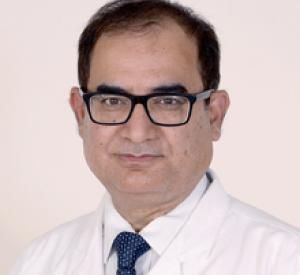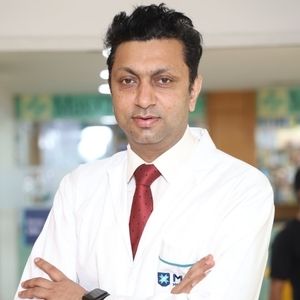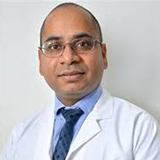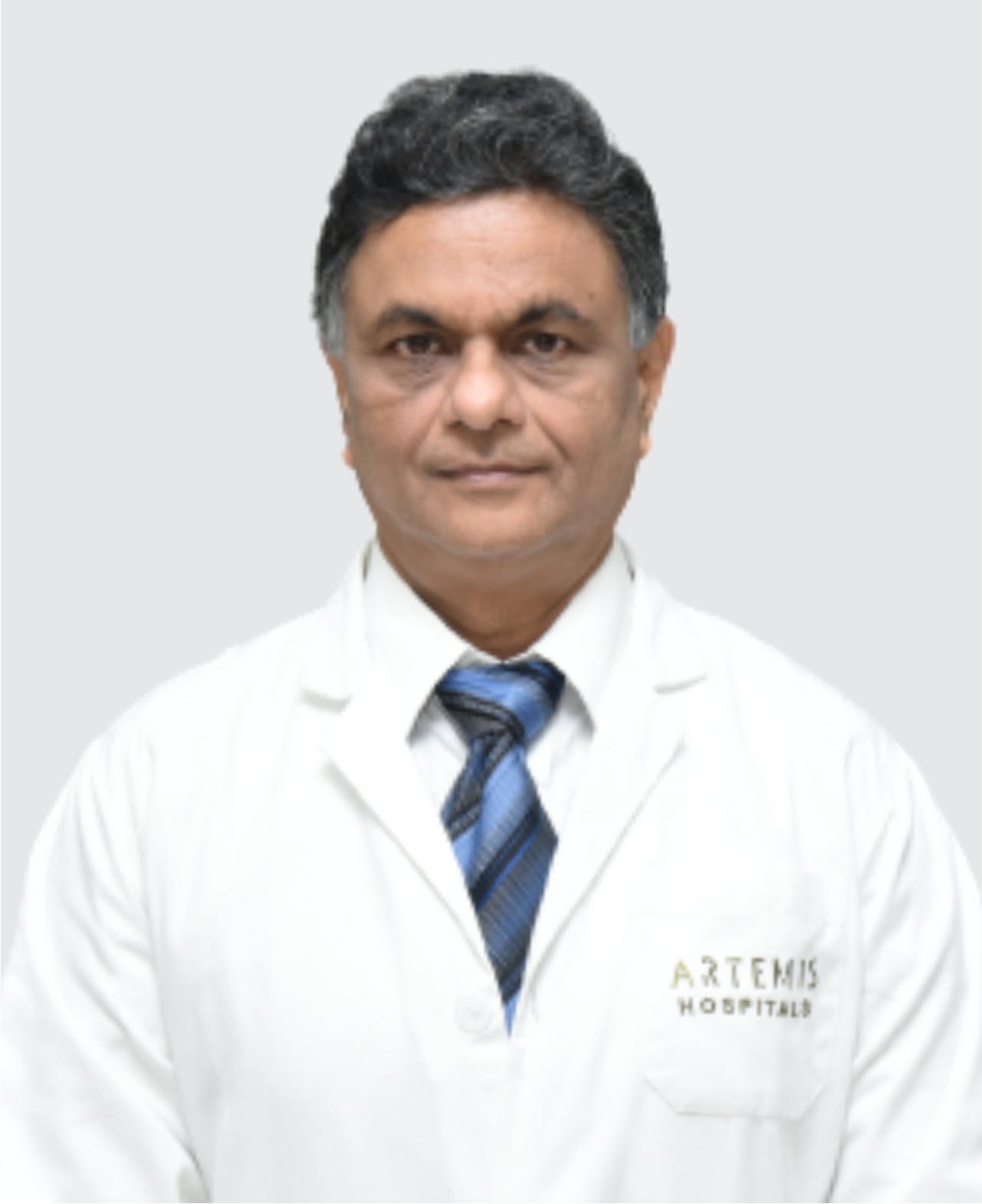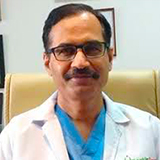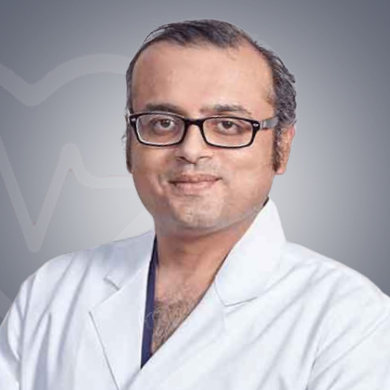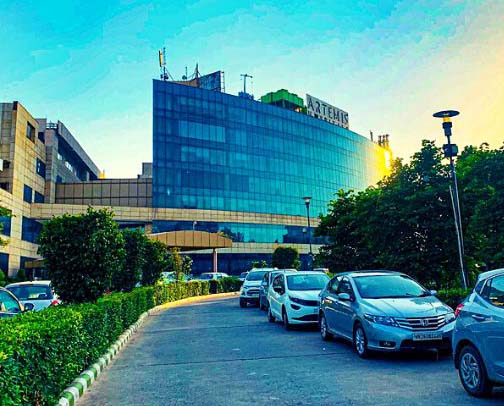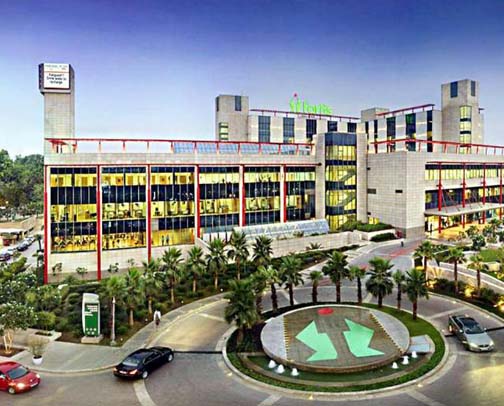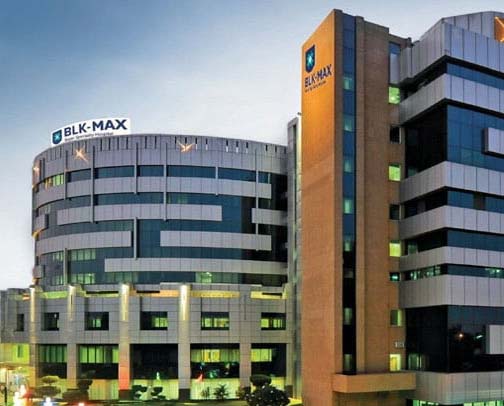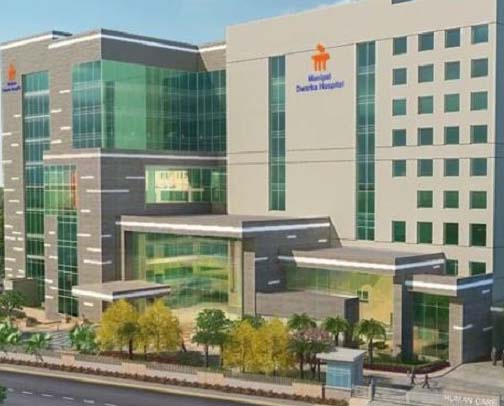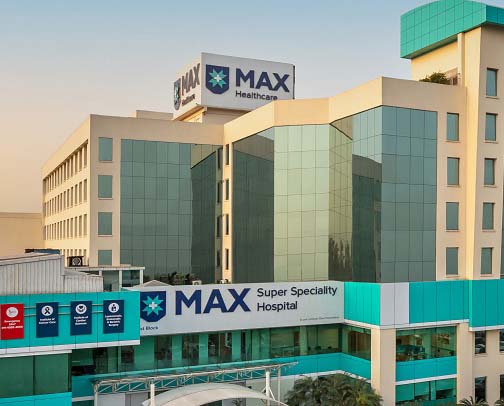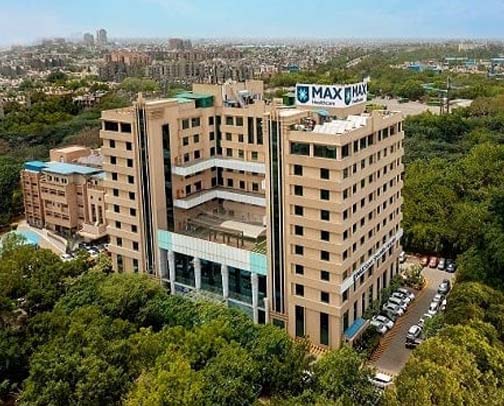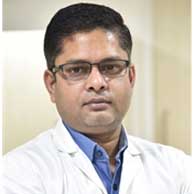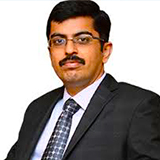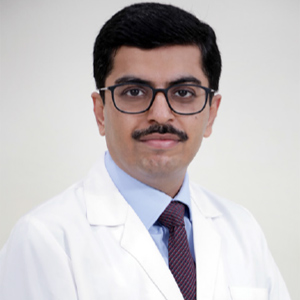Cardiology - Overview
Bypass surgery, also known as coronary artery bypass graft (CABG) surgery, is a medical procedure performed to enhance blood flow to the heart by replacing damaged or blocked arteries. By using blood vessels from other parts of the body, a surgeon creates bypasses to redirect blood and oxygen to the heart muscle. This surgical intervention aims to restore proper functioning of the heart and prevent complications such as heart failure. If you are considering bypass surgery and would like information on the procedure’s cost in India or any other inquiries related to medical tourism for heart disease, our doctors are available to provide the necessary details.
Cardiology - Symptoms
Coronary bypass surgery is typically performed in emergency situations, such as during a heart attack, when other treatments have proven ineffective. Just like any other organ, the heart requires a consistent supply of blood and oxygen. The left and right coronary arteries are responsible for providing uninterrupted oxygenated blood to the heart. However, in cases of atherosclerosis, these arteries can become narrowed due to the accumulation of fatty acids. This condition is known as coronary heart disease.
Severe atherosclerosis can lead to insufficient oxygen supply to the heart, causing chest pain and a condition called angina. A cardiologist may recommend open heart bypass surgery in the following situations:
Severe angina: When the heart muscles experience oxygen deficiency even with minimal activity or at rest.
Multiple blockages: Visible blockages in more than one artery that supplies blood to the heart.
Ineffective medication and procedures: When medications or artery-opening procedures like angioplasty fail to treat blocked arteries.
Failed angioplasty: If a previous angioplasty procedure has been unsuccessful, surgery may be the only viable option.
Cardiology - Pre-Procedure
Before undergoing bypass surgery, your surgeon will recommend necessary lifestyle changes, medications, and dietary adjustments. Pre-surgical tests are also conducted to assess your overall health, check the status of artery blockages, and ensure optimal conditions for the procedure. These tests may include:
- Electrocardiogram (ECG): Measures the electrical activity of the heart.
- Coronary Angiogram: Provides detailed imaging of the coronary arteries.
- Chest X-Ray: Helps evaluate the condition of the heart and lungs.
- Blood Tests: Assess various blood parameters relevant to the surgery.
It is crucial to discuss any concerns or queries with your surgeon during this pre-operative phase to ensure a calm and informed state of mind before the surgery.
Cardiology - During Procedure
Bypass surgery typically takes between three to six hours to complete, depending on the extent and severity of heart blockages. An experienced cardiac surgeon, accompanied by a skilled team, performs the operation under general anesthesia.
The procedure begins by harvesting a healthy artery or vein graft from another part of the body. Common graft sources include the leg (saphenous vein), chest (internal mammary artery), or arm (radial artery).
Once the graft is prepared, the surgeon makes an incision along the breastbone, known as the sternum, to gain access to the heart. The rib cage is carefully opened, and a stabilization device is used to secure the heart, allowing the surgeon to work on the target area.
Next, one end of the graft is attached above the blockage in the artery, while the other end is attached below the blockage. This effectively bypasses the damaged or blocked section of the artery, restoring normal blood flow to the heart.
During the CABG procedure, the heart continues beating, whereas in the CBP procedure, the heart is temporarily stopped. It is important to have a thorough discussion with your surgeon to understand the advantages and potential drawbacks of each treatment method.
Cardiology - Post-Procedure
Following the completion of heart surgery, the patient is transferred to the Intensive Care Unit (ICU) for close monitoring of their heart and overall health. The patient may spend one to two days in the ICU, during which a breathing tube may remain in place until they are awake and able to breathe independently. Depending on the patient’s response to the surgery, they will be moved to a regular hospital room where they may need to stay for approximately one week.
Recovery after bypass surgery typically involves a three to four-week period before resuming normal daily activities. Cardiac rehabilitation programs, consisting of exercises and educational components, are often recommended to aid in faster recovery. Follow-up appointments with the surgeon are crucial to monitor progress and address any unexpected complications.
Cardiology - Risk & Complications
After bypass surgery, doctors typically recommend certain lifestyle changes and prescribe medications to manage risk factors such as high blood cholesterol and the formation of blood clots. While most individuals experience improved symptoms and remain free of complications for a considerable period, it is essential to acknowledge that open heart surgery carries inherent risks. The likelihood of risks and complications depends on the patient’s pre-existing health conditions, and emergency procedures generally have higher associated risks. Potential risks may include:
- Chest wound infection
- Heart rhythm abnormalities or stroke
- Arrhythmias
- Postpericardiotomy syndrome (characterized by low-grade fever or chest pain)
- Temporary disruption of cognitive abilities or memory loss
Clinical studies have indicated that beating heart CABG procedures offer lower complication rates and shorter hospital stays compared to conventional procedures using cardiopulmonary bypass (CPB).
MORE INFORMATION
The approximate cost of bypass surgery in India ranges from $6,500 to $11,000, and the duration of the hospital stay typically ranges from 7 to 14 days, depending on individual preferences regarding hospitals, surgeons, and accommodation requirements. India is becoming a popular destination for bypass surgery due to its medical advancements, ease of travel, and affordable prices.
Please note that the content provided here is for informational purposes only and should not replace professional medical advice. For accurate diagnosis, personalized treatment options, and specific recommendations tailored to your individual needs, it is essential to consult a healthcare professional.
Cardiology - Doctors
Cardiology - Hospitals
Request a CallBack



